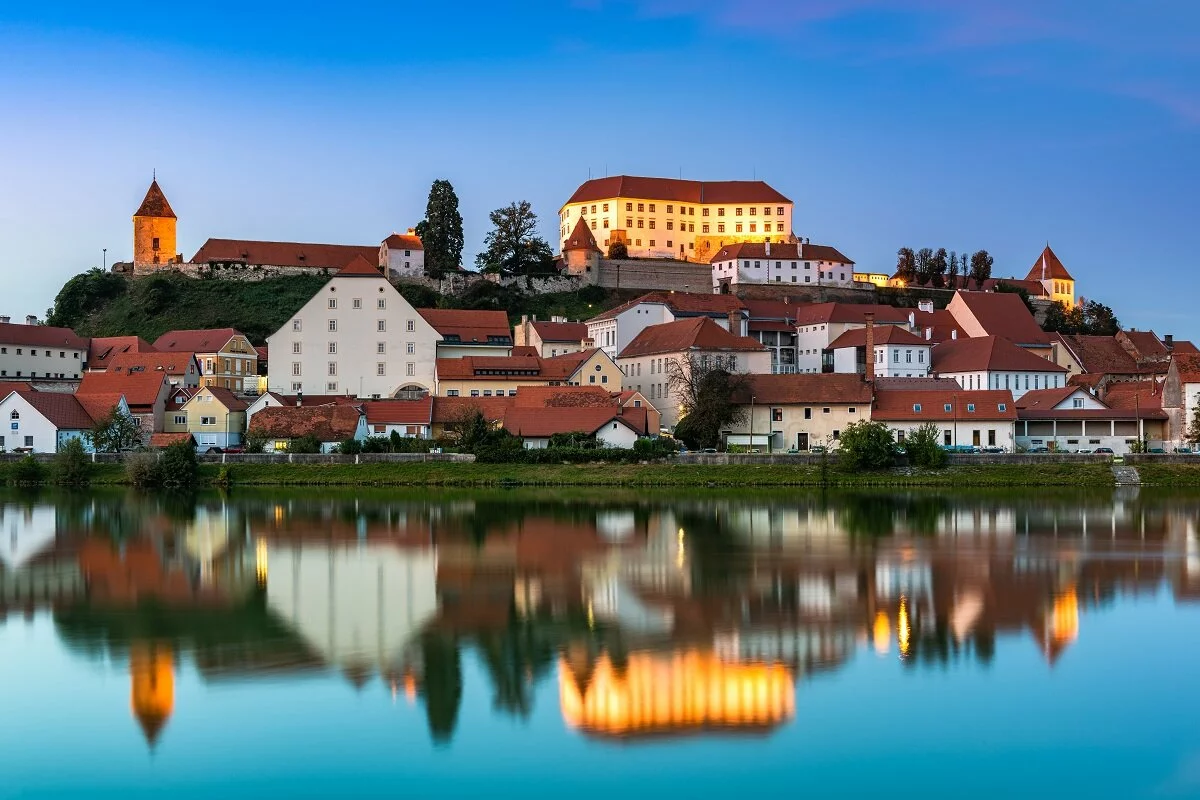
«Coronavirus, without a doubt, has made it harder to work in the real estate sector.» The opinion of the director of a real estate agency in Slovenia
Citizens of many European countries are terrified. Will the coronavirus pandemic force everyone to comply with strict quarantine measures for the second time? Not long ago, the authorities of world powers have begun to open borders, which allowed workers of various industries to breathe a sigh of relief. What measures will be taken this time and how will they affect the economy?
Tatiana Mkrtychyan, Director of real estate agency Galinvest, shared her opinion on how the pandemic has already affected the Slovenian real estate market and what to expect in the future.
«The pandemic had a significant impact on the volume of transactions with foreign real estate. In our agency, basically, there were few transactions with residential real estate because clients prefer to invest in commercial properties in order to generate passive income and withdraw funds. Housing is usually bought by those clients who already have a Slovenian residence permit.
Due to strict quarantine measures, the demand for buying foreign real estate has dropped. Customers don’t have the opportunity to view the objects, because entry into the EU zone is allowed only with passports or residence permits of any of the countries included in the Schengen area. In some countries (for example, in Portugal), lawyers make requests to invite buyers to government departments such as the Ministry of Foreign Affairs. However, such documents are not issued to foreigners who want to come to the country only to purchase real estate.
Moreover, the citizens of some post-Soviet countries, including Russia, cannot buy property as individuals. Previously, citizens of these countries set up their own companies and registered objects to legal entities. At the moment, this option is practically absent — in Slovenia, you can open a company by proxy, but you cannot open a current account for the authorized capital without your personal presence.
Some citizens agree to online viewing of real estate objects, but there is no technical possibility to buy an apartment. Those foreigners who already own companies in Slovenia have temporarily suspended their investment — no one risks investing several million euros in objects that cannot be seen in real time. Besides, there are some assumptions that the pandemic will cause an economic crisis and, as a result, a drop in prices.
The quarantine has changed the real estate market. Some companies did not work for several months, and some switched to a remote format. This situation has increased the demand for residential real estate, especially for private houses. While in self-isolation, many EU citizens moved from apartments to townhouses and houses.
Despite the fact that Slovenia is a member of the European Union, real estate prices here are lower than in the UK or the Netherlands for example. Many of our clients, who used to just look at houses in the suburbs of Ljubljana, are now seriously thinking about the purchase.

Without a shadow of a doubt, one can definitely say that coronavirus has made it more difficult to work in the real estate sector. Here is an example. A family from the Netherlands managed to buy real estate before the pandemic. However, that’s where everything paused — direct flights between the countries were canceled.
Quarantine measures have affected the purchase of housing even for those citizens who have been living in Slovenia for a long time. The reasons may be surprising: the owners allowed only one family member to arrive at a pre-set time, or even refused to view their property to customers for fear of getting sick. Few people actually agreed to buy a house for half a million euros in such conditions.
Prices remained unchanged for the following reason: no one can predict the consequences of the price change. Half of the world’s population was initially skeptical about the pandemic. But now everyone understands that we will have to live with it. Why cut prices? At the moment, none of the countries can assess how much the economy has suffered. I think that next year the consequences of the downtime in the economy, financial assistance from the state budget, and unpaid taxes will become clear. There is a chance that prices will start to rise.
As I have already said, there have always been more commercial property transactions in our agency. Even those foreign citizens who came for relocation and planned to buy residential real estate accepted our recommendations eventually buying commercial properties.
There are several reasons:
- In Slovenia, the maintenance of a residence permit costs 1,200 euros per family member on average, excluding all other costs (food, medicine, fuel, etc.).
- Not many can understand right away which city will be more comfortable for them. In Slovenia, the cities differ a lot, so someone would like to live in Ljubljana, and someone would want to immediately escape from the capital to the coast of the country. Only after having lived in the country for several years, foreigners can fully understand where they want to settle down.
When buying commercial real estate, one can live in rented apartments in different cities for several years receiving a good passive income. When a foreigner finally makes a decision on the place of living, he begins to think about buying a residential property.
The second wave of coronavirus forced the Slovenian authorities to re-introduce strict quarantine measures from 16.10.2020: now it is not possible to move freely even within the country. One can only be in the region where they reside officially. This means that the citizens of Ljubljana, for example, can’t buy cheaper housing in another city because they simply can’t go there.»

















